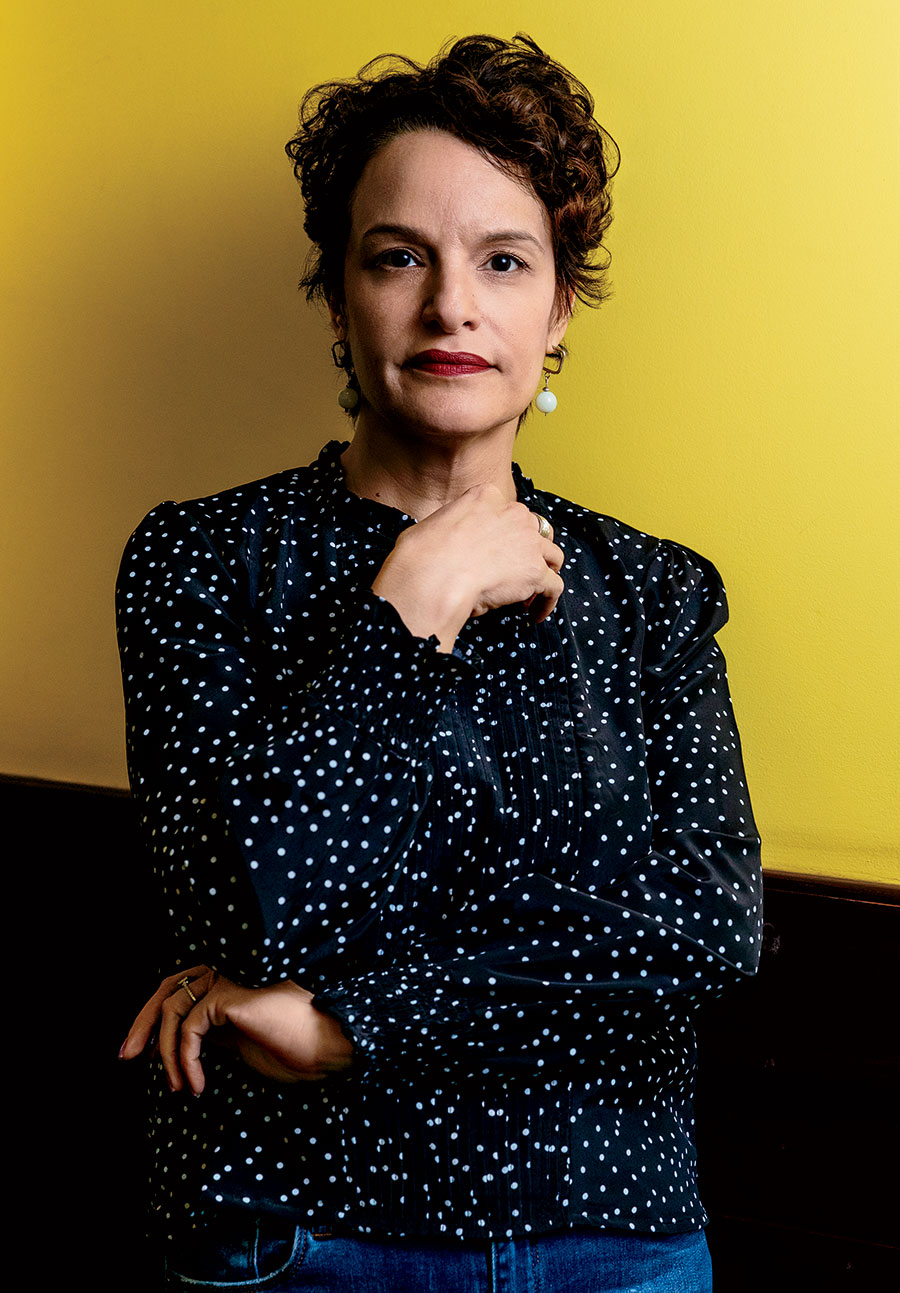
You teach English and creative writing at Homewood-Flossmoor High School. How have your students reacted to you getting The Beauty of Your Face published?
They keep wondering if I’ll be quitting teaching. I try to explain that I’d have to be, like, J.K. Rowling level. It’s very sweet.
How did publishers react to you centering the novel on a shooting at a Muslim school?
I had editors and agents who wanted me to completely discard the shooter framing. It felt like they wanted the immigrant story that takes the responsibility of white behavior and bigotry off their shoulders. And I just wasn’t interested in that. I think that burden of hope, this pressure to end on a happy note, is on writers of color especially. I don’t think it’s my responsibility to make readers feel better, like they close the book and I’ve somehow solved a problem. What I’d love for readers to go away with [instead] is a sense of our shared humanity.
What experiences as a teacher did you draw from?
I was a fairly new teacher [at the time of the Columbine High School shootings]. I was one of the first set of teachers to be trained for a crisis situation. So that is very close to me. Do I generally feel safe? Of course. But then you hear about a shooting, and you’re just swept right back into that place of anxiety and fear. Last April we had a simulated shooter [drill] in the building for the first time. Which was actually pretty terrifying. They even enlisted students to pretend as though they were slain victims.
Why did you choose to devote a small part of the book to the shooter’s point of view?
It’s about trying to understand his origin story. Shooters aren’t shooters first. I wanted to humanize him without justifying his actions. [The shooting in the book] is not highly graphic, but it’s still disturbing and emotional. And I suppose that the limited space that I’ve given him is just enough to convey that terror.
Without revealing too much, your Muslim protagonist has to make a crucial choice regarding her hijab.
At that point, she’s like, “Enough. This is who I am, and I am just not going to surrender.” She isn’t going to permit this white male to take everything she believes in. I’ve pondered whether, if I had been wearing a hijab, I would have taken it off post-9/11, or now with the current administration and all the hate that has surfaced. Would I be brave enough to keep it on?


